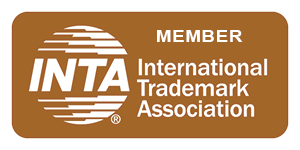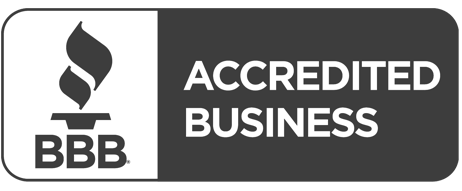Copyright is a bundle of rights that protects literary, dramatic, musical and artistic works, as well as sound recordings, films, photographs and multi-media work. These rights prevent unauthorized use of the work, whether by reproduction, performance, broadcast or otherwise.
Patel & Almeida advises on all aspects of copyright, from ownership, exploitation and licensing to enforcement of copyright where potential for infringement exists.
What is a Copyright?
Copyright is a form of protection provided by U.S. law to authors of "original works of authorship." The original works of authorship must be fixed in a tangible form of expression and can be published or unpublished. The following are the various categories of copyright works:
- literary works
- musical works, including any accompanying words
- dramatic works, including any accompanying music
- pantomimes and choreographic works
- pictorial, graphic, and sculptural works
- motion pictures and other audiovisual works
- sound recordings
The Copyright Act generally gives the owner of copyright the exclusive right to do and to authorize others to do the following:
- To reproduce the work in copies or phonorecords
- To prepare derivative works based upon the work
- To distribute copies or phonorecords of the work to the public by sale or other transfer of ownership, or by rental, lease, or lending
- To perform the work publicly, in the case of literary, musical, dramatic, and choreographic works, pantomimes, and motion pictures and other audiovisual works
- To display the copyrighted work publicly, in the case of literary, musical, dramatic, and choreographic works, pantomimes, and pictorial, graphic, or sculptural works, including the individual images of a motion picture or other audiovisual work; and
- In the case of sound recordings, to perform the work publicly by means of a digital audio transmission.
Benefits of Timely Copyright Registration
Copyright law provides several inducements or advantages to encourage copyright owners to register their original works of authorship. Among these advantages are the following:
- Registration establishes a public record of the copyright claim.
- Before an infringement suit may be filed in court, registration is necessary for works of U. S. origin.
- If made before or within 5 years of publication, registration will establish prima facie evidence in court of the validity of the copyright and of the facts stated in the certificate.
- If registration is made within 3 months after publication of the work or prior to an infringement of the work, statutory damages and attorney's fees will be available to the copyright owner in court actions. Otherwise, only an award of actual damages and profits is available to the copyright owner.
- Registration allows the owner of the copyright to record the registration with the U. S. Customs Service for protection against the importation of infringing copies.



